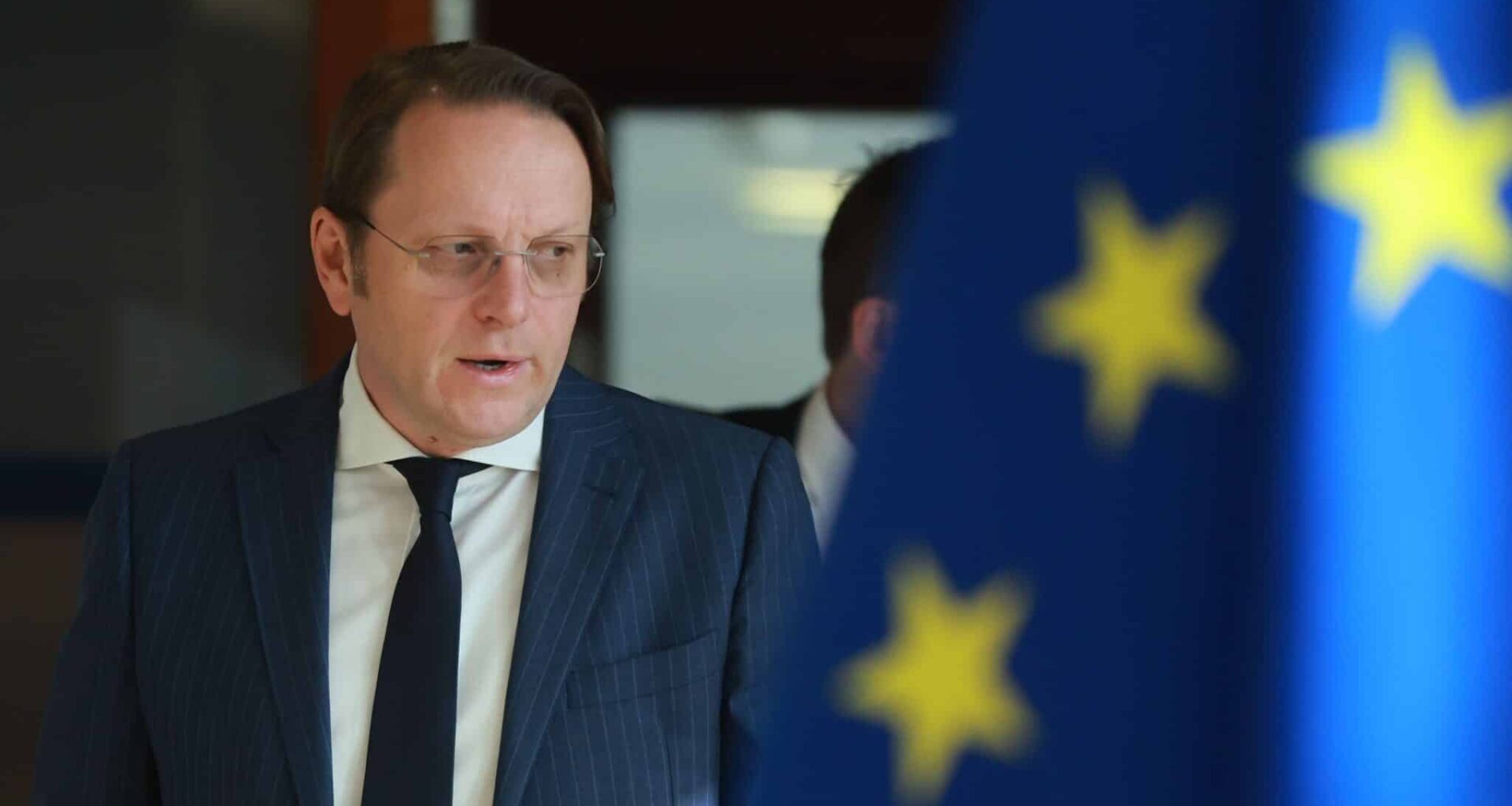In the same boat
Based on this, both von der Leyen and Viktor Orban – two people who distrust and disdain each other – find themselves in a difficult position, meaning it may be in their mutual interest to cooperate. This is particularly ironic given that, just last week, Orban was loudly complaining in every possible forum that centrist forces had saved the European Commission president in the confidence votes.
For Orban, if he waits too long and the affair drags on, it could easily become an unpleasant campaign issue ahead of Hungary’s April 2026 general election. Worse, in the event that his Fidesz party loses the election, the opposition Tisza party, which is part of the European People’s Party (EPP) grouping in the European Parliament, could end up nominating the next Hungarian EU commissioner. On the other hand, if Varhelyi resigns, it would be seen as an admission of guilt and would further isolate Orban in the EU and strengthen his political opponents.
Fortunately for the Hungarian prime minister, his main challenger, the Tisza party, is not in an easy position either. The party has not yet fully integrated into the EPP’s structures, where a frontal attack against the European Commission president would certainly not be appreciated – even if they know that, given the upcoming Hungarian elections, they cannot afford to pass up this opportunity.
Von der Leyen, meanwhile, is in an equally delicate position. If she downplays the investigation and more details continue to emerge, she risks another no-confidence motion for protecting a man she never wanted in the European Commission to begin with, while alienating her supporters in the European Parliament.
Perhaps the European Commission president will wait a few more days, but the choice seems clear: it is hard to imagine that the Council of the EU would not find a simple majority to bring the case before the ECJ if the accusations are backed up by evidence. Politically, the swift transfer of the issue from the European Commission to the ECJ would be the most advantageous scenario for her.
In that case, however, the next move would belong to the Hungarian prime minister, who so far has remained silent on the affair. One thing is certain: this latest Hungarian scandal will continue to dominate the headlines for weeks to come.
Dániel Bartha is the President of the Centre for Euro-Atlantic Integration and Democracy (CEID).
The opinions expressed are those of the author and do not necessarily reflect the views of BIRN.
